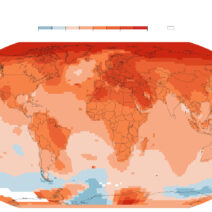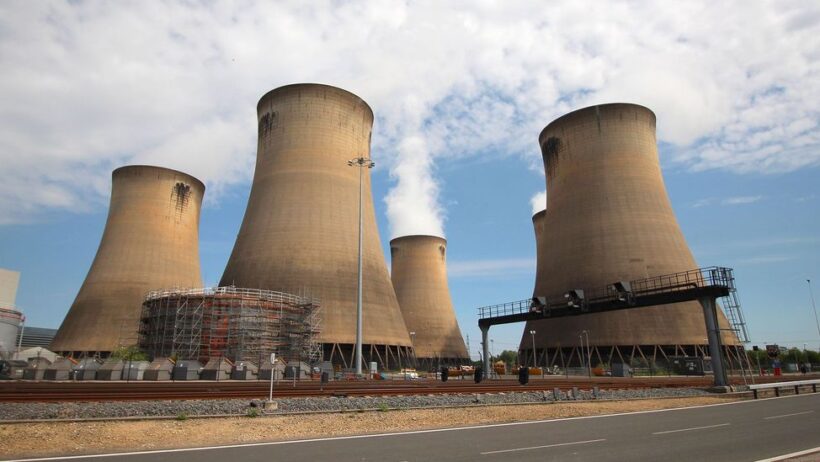In the quest for sustainable energy sources, the utilization of burning vegetable oil has emerged as a topic of considerable debate. As society grapples with the cataclysmic impacts of climate change, the interest in alternative fuels has burgeoned. This write-up delves into the nuances of burning vegetable oil, weighing its potential as a greener alternative against its drawbacks, while piquing curiosity about its implications for the environment.
To begin, it is imperative to understand what burning vegetable oil entails. At its core, burning vegetable oil refers to the combustion of oils derived from plant sources, such as soybeans, rapeseed, or palm. Unlike fossil fuels obtained from geological formations, vegetable oils are renewable resources that can be grown, harvested, and processed. This attribute often seduces environmental advocates who view biofuels as a promising avenue to curtail greenhouse gas emissions.
Moreover, proponents argue that using vegetable oil in engines, particularly in modified diesel engines, can minimize reliance on conventional fossil fuels. This adaptation particularly resonates with the notion of circular economy—a system aimed at eliminating waste and promoting continual use of resources. The transformation of waste cooking oil into biodiesel exemplifies how discarded materials can be repurposed, thereby fostering sustainability.
However, before lauding the wonders of vegetable oil as a panacea for climate issues, it is essential to consider several pressing concerns. The sourcing of vegetable oils can contribute to deforestation, as in the case of palm oil. Extensive agricultural expansion to accommodate oil palm plantations has wreaked havoc on ecosystems, leading to loss of biodiversity and threatening endangered species. Furthermore, large-scale monocultures can deplete soil health, disrupt local ecosystems, and diminish land’s resilience to climate perturbations.
Another salient point to consider is the carbon footprint associated with the cultivation and transportation of these oils. While burning vegetable oil may result in lower emissions compared to fossil fuels, it does not account for the entire lifecycle emissions from seed to tank. Furthermore, the fertilizer and pesticides used in conventional agricultural practices can lead to significant environmental degradation and water pollution, negating some of the purported benefits of using vegetable oil as fuel.
Advocates also herald the reduced emissions produced during combustion. When compared to fossil fuels, burning vegetable oil releases significantly lower levels of sulfur and particulate matter. However, the decrease in these harmful emissions does not eliminate the concerns related to carbon dioxide and other greenhouse gas emissions. While burning vegetable oil is often touted as carbon-neutral—because the plants used to produce it absorb CO2 during their growth—this perspective fails to take into account the emissions produced throughout the cultivation and processing stages.
Thus, the question arises: Is burning vegetable oil genuinely a greener alternative, or merely another symptom of an antiquated way of thinking about energy? This question reflects the larger conversation around biofuels and their role in an environmentally sustainable future. Could it be that the fixation on biofuels distracts from investing in truly renewable energy sources, such as solar, wind, or hydroelectric power? While vegetable oil may seem like an immediate solution on the surface, it is imperative to analyze the broader perspective of energy production and consumption.
Looking deeper into the alternatives, the innovation landscape is burgeoning with new technologies that empower greener energy production. Algae-based biofuels represent one such innovation, capable of supercharging the conversation around biofuels. Algae can be cultivated on non-arable land and require less water than traditional crops, thus circumventing some of the ethical and environmental concerns linked to vegetable oil. Furthermore, advancements in technology could yield biofuels that are not only sustainable but also efficient enough to compete with fossil fuels on a level playing field.
The burgeoning interest in hydrogen fuel is yet another avenue worth exploring. Hydrogen, when produced via renewable methods, may offer a clean and sustainable fuel source that emits only water as a byproduct when burned. Such a paradigm shift could revolutionize the transportation and energy sectors, thereby circumventing many of the complexities surrounding biomass-derived fuels.
Now, the landscape of energy production is in flux. With pressing climate concerns looming, the urgency for change is palpable. While burning vegetable oil may possess certain attributes that appeal to eco-conscious individuals, its drawbacks cannot be overlooked. The conservation of biodiversity, reduction of pollution and emissions, and promotion of sustainable agricultural practices must take precedence over the allure of immediate solutions.
Ultimately, the conversation surrounding burning vegetable oil begs for an intricate examination of not only its potential as an alternative fuel but also the implications of its widespread adoption. The optimistic visions painted by proponents warrant careful scrutiny, ensuring that the environment is indeed benefiting from such practices rather than merely shifting the burden from one source of pollution to another. As society navigates the complex terrain of energy production and consumption, the quest for sustainability will hinge on thoughtful, informed choices that transcend traditional paradigms.
In conclusion, while burning vegetable oil harbors promises of green energy, a balanced evaluation reveals significant pitfalls. It brings forth the necessity for a paradigm shift in producing energy, propelling society toward a future that embraces comprehensive sustainability and prioritizes innovation. To mitigate climate change, it is crucial to explore solutions that maintain ecological integrity while delivering reliable energy. As awareness grows and discussions evolve, the stewardship of our planet remains an imperative calling for all.







